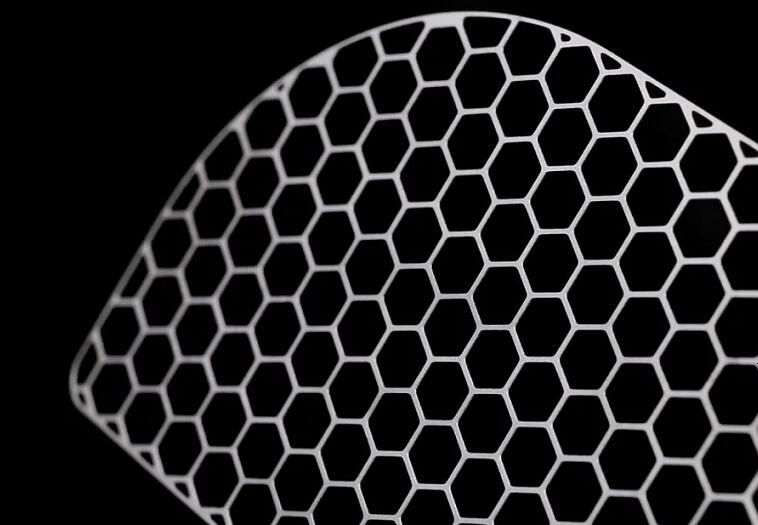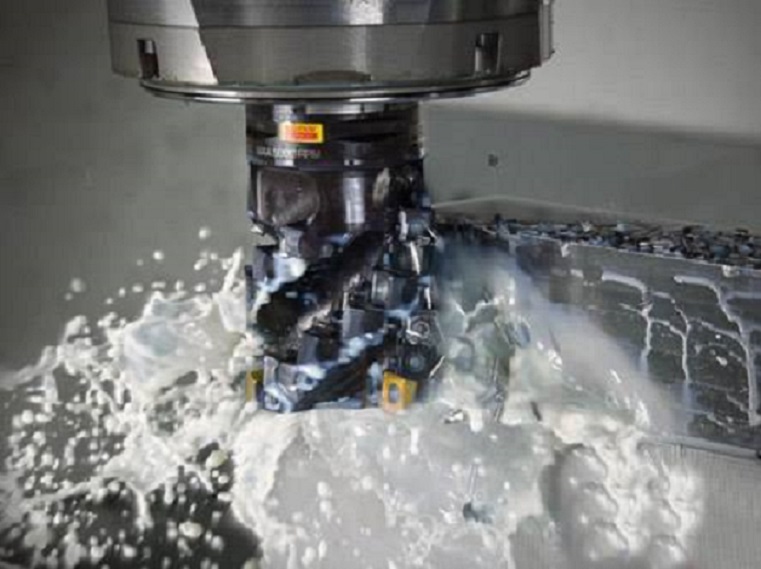Chemical Milling of Titanium Alloy

Chemical Milling of Titanium Alloy
Chemical milling is a surface treatment method that can make parts with complex surface shapes and high machining accuracy requirements meet the machining requirements. Due to the poor cutting performance and low thermal conductivity of titanium alloys, the heat generated during cutting is not easy to lose, and it is easy to wear tools and even cause ablation. For these reasons, people usually use chemical milling instead of conventional machining. In this article, let's take a look at the chemical milling of titanium alloy.

Chemical Milling of Titanium Alloy
Titanium Alloy Chemical Milling Process
The main process of chemical milling of titanium alloy is as the following: surface cleaning of parts → coating protective layer → engraving → chemical corrosion or dissolution → neutralization, washing → removing protective layer.
1. Surface Cleaning of Parts
The surface cleaning of titanium and titanium alloy parts often adopts more conventional methods, such as scrubbing with a cotton cloth impregnated with an organic solvent, alkali cleaning, etc. If there are oxide scales and foreign impurities on the surface, they must be removed by pickling or electrolytic etching.
This process is very important. If the cleaning is not clean enough, the adhesion of the protective coating applied in the next process will deteriorate, and even non-uniform corrosion will be caused.
2. Coating the Protective Layer
In addition to good adhesion, heat, and corrosion resistance, a qualified protective coating should also have some other excellent properties, such as peeling performance, a stable liquid form, and cost-effectiveness.
At present, the protective layers used in the chemical milling of titanium alloy at home and abroad are usually poly hexene-based resin and styrene-butadiene rubber. The methods of coating the protective layer include brushing, dipping, spraying, and pouring, as well as electrophoretic coating.
3. Engraving
Before chemical milling, the protective layer on the part that needs to be milled on the titanium and titanium alloy parts must be removed. This process is called engraving.
Engraving is to use a scoring knife to cut the protective layer along the contour line that defines the corrosion part, and then remove the unnecessary protective layer. In order to accurately define the chemical milling position, a specially prepared template must be used.
After the line is drawn, the template is removed and the protective layer of the part that needs to be milled is peeled off. This process is called peeling. When peeling off, the edge of the protective layer must not be damaged. At the same time, the protective layer on the surface of the part to be milled must be cleaned. If there is an unqualified part, it must be repaired.
4. Chemical Corrosion or Dissolution
This process is the most important process in the chemical milling of titanium alloy. It requires uniform corrosion and does not affect the mechanical properties of the parts. During corrosion, it is necessary to prevent the formation of small holes and the formation of rough surfaces. At the same time, attention should be paid to reducing the amount of hydrogen absorption to prevent hydrogen embrittlement of the material.
The milling fluid for titanium alloys is an acidic solution, and the common ones are hydrofluoric acid type, hydrofluoric acid-nitric acid type, and hydrofluoric acid-chromic acid type. Among them, the corrosion rate of the hydrofluoric acid-nitric acid solution is relatively fast, and the milling uniformity is relatively good.
5. Neutralize, Rinse, and Remove the Protective Layer
Take out the milled parts, put them in lye to neutralize, rinse with clean water, and peel off their oxide scales.
The chemical milling process of titanium alloy is simple and convenient to operate, which improves work efficiency and guarantees product quality. The disadvantage is that the current chemical milling solution pollutes the environment, which still needs further improvement.
Conclusion
Thank you for reading our article and we hope it can help you have a better understanding of the chemical milling of titanium alloy. If you want to know more about titanium alloy, we would like to advise you to visit Advanced Refractory Metals (ARM) for more information.
Advanced Refractory Metals (ARM) is a worldwide supplier of refractory metals and has over two decades of experience in the manufacture and sale of high-quality refractory metals such as titanium and titanium alloys, tungsten, to meet our customers’ R&D and production needs. As such, we are confident that ARM will be your favorite refractory metal supplier and business partner.
{{item.content}}
LEVE A REPLY
{{item.children[0].content}}
{{item.content}}






